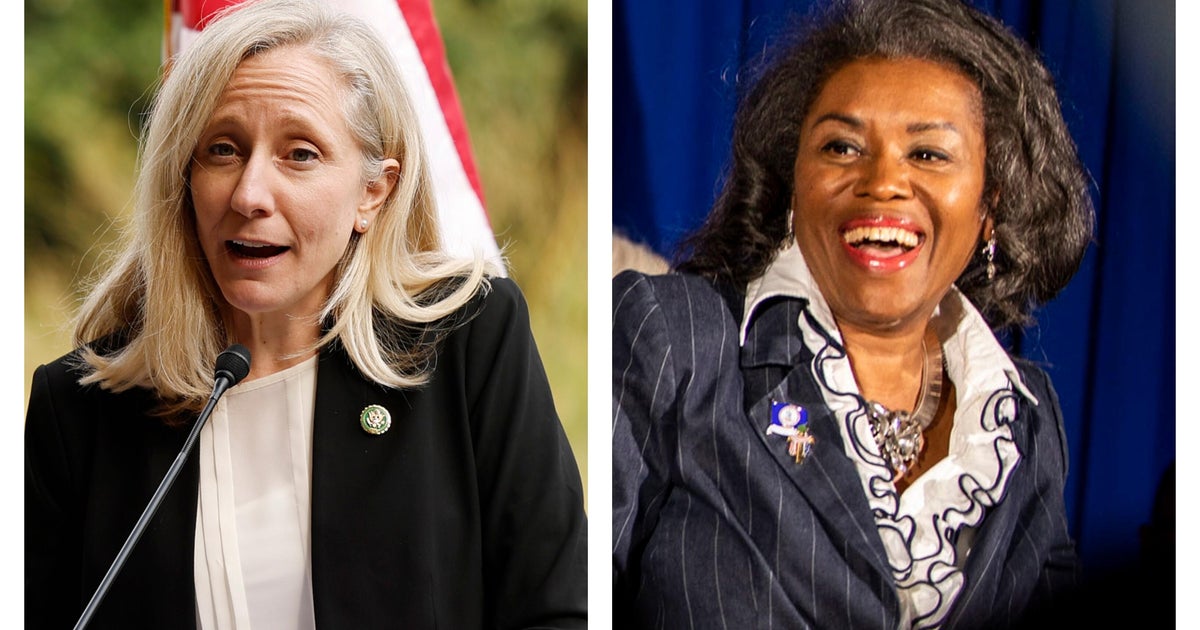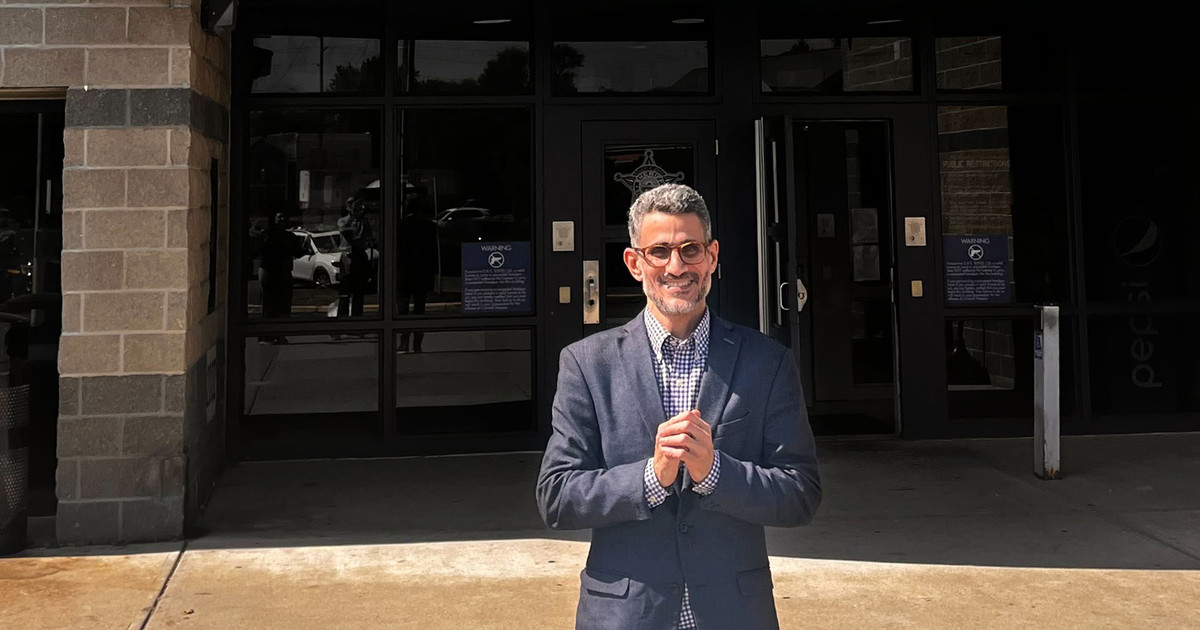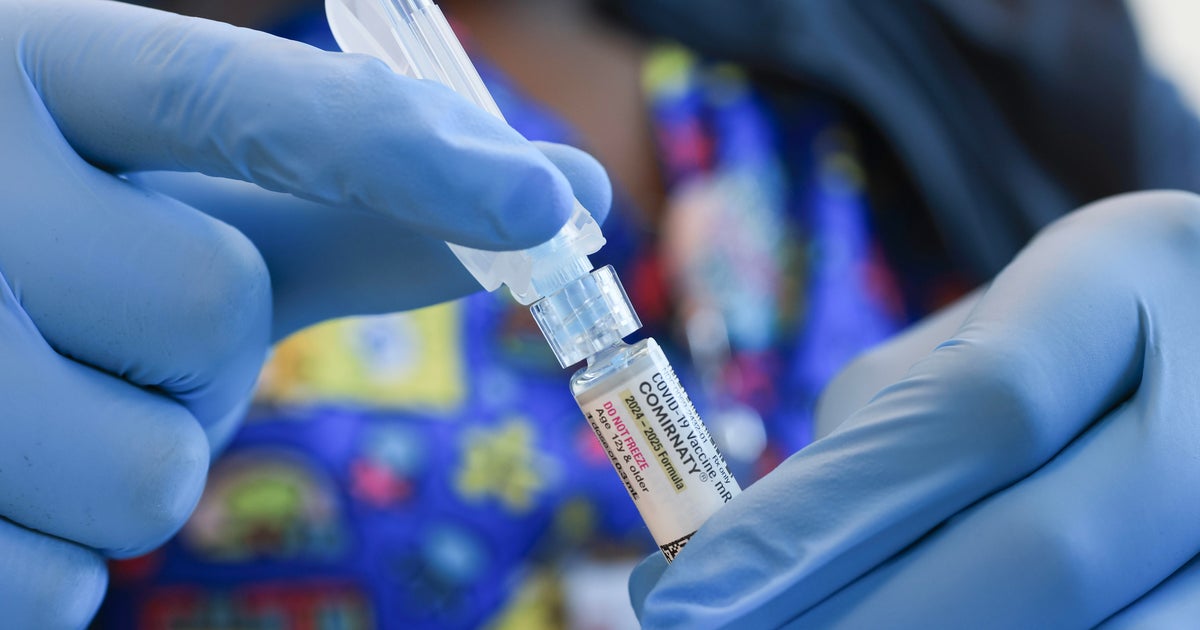
Early in-person voting kicked off on Friday in Virginia’s highly anticipated gubernatorial election, setting the stage for one of the first significant political contests since last year’s presidential race. This election is not only pivotal for the state but is also poised to serve as a crucial indicator of public sentiment regarding the policies of former President Donald Trump.
The two candidates vying for the governor’s seat are Republican Lt. Gov. Winsome Earle-Sears and former Democratic Rep. Abigail Spanberger. As the campaign enters its final stretch ahead of the general election on November 4, both candidates held public appearances to rally support. Recent polling indicates Spanberger holds a favorable position among voters.
Spanberger cast her vote on Friday morning at a polling location in West Henrico, near the state capital of Richmond. After voting, she shared her campaign’s focus on pressing issues that directly impact the lives of Virginians. “Whether it’s because you just saw your rent go up, or you think you might want to buy your first house, or you’re trying to pick up your prescription at the pharmacy for your kid, for your parents, for yourself, issues of affordability continue to be top of mind for people across Virginia,” Spanberger stated in an interview with CBS News.
In contrast, Earle-Sears held a get-out-the-vote rally alongside Republican Virginia Gov. Glenn Youngkin and entrepreneur Vivek Ramaswamy, who recently announced his own gubernatorial campaign in Ohio. Earle-Sears emphasized her alignment with Youngkin’s economic policies, declaring, “We’ve got a lot more work to do. We’ve got regulations that we still need to get rid of. We’ve got more jobs that we need to produce.”
The discourse surrounding this election has been significantly influenced by national issues and the policies of the Trump administration. Virginia is uniquely positioned as one of only two states that hold gubernatorial elections in the year following a presidential election, alongside New Jersey. This timing has historically rendered Virginia’s gubernatorial race a referendum on the sitting president’s administration. Since 1977, the state has consistently voted for a governor from the opposing political party of the president elected in the previous cycle, a trend that Earle-Sears hopes to overturn.
A particularly salient point in this election is the impact of the Trump administration’s extensive cuts to the federal workforce, driven by the Department of Government Efficiency (DOGE). Virginia, which hosts nearly 150,000 civilian federal workers—second only to California—has already seen a significant decline in federal employment. According to a report from the Congressional Research Service, Virginia lost 7,800 federal jobs in the first half of this year alone, with projections estimating a total loss of 9,300 government jobs—spanning federal, state, and local levels—by the end of 2025, as calculated by the University of Virginia’s Weldon Cooper Center.
Spanberger has positioned herself as a vocal opponent of Trump, asserting that her commitment to affordability includes challenging the detrimental policies emerging from Washington. Her campaign aims to alleviate the financial burdens these policies impose on Virginians.
While Earle-Sears has expressed support for Trump, the former president has not made any firm commitments regarding campaigning for her. When asked about Earle-Sears and other down-ballot candidates during a recent event, Trump remarked, “I’m going to have to look at some of them. As you know, it’s sort of a semi-local election.”
Spanberger has sought to connect Earle-Sears with Trump’s policies and the DOGE initiative. She criticized Earle-Sears for her association with Ramaswamy, whom Spanberger labeled as “the architect of the DOGE effort, which has led to thousands of Virginians losing their jobs.” Following last year’s election, Trump appointed Ramaswamy and Elon Musk as co-leaders of DOGE, though Ramaswamy eventually distanced himself from the initiative. Musk has since exited DOGE, which culminated in a public rift with Trump.
When confronted with Spanberger’s criticisms, Earle-Sears dismissed her claims, labeling her a “typical divisive politician” and highlighting the job creation achievements of her campaign and Youngkin’s administration. “We are going to make sure that Virginians are told if they want a job, we have a job,” Earle-Sears stated. “We’re continuing to create jobs.”
The political landscape has also been shaken by the recent assassination of conservative activist Charlie Kirk during a debate at a college campus in Utah. This tragic event has heightened concerns surrounding political violence and prompted discussions about the safety of public figures. In response, a source close to Earle-Sears revealed that the campaign has enhanced security measures for their events.
Spanberger expressed her horror at the incident, stating, “The fact that a man engaged in a First Amendment debate, whether one agrees with him or not, was gunned down in broad daylight because of his political activism is an atrocious reality that everyone should denounce.” Earle-Sears echoed this sentiment, condemning the violence against Kirk as an affront to the rights of free speech.
As early voting continues, both candidates are intensifying their efforts to connect with Virginians on the issues that matter most, setting the stage for what could be a transformative election in the Old Dominion.


